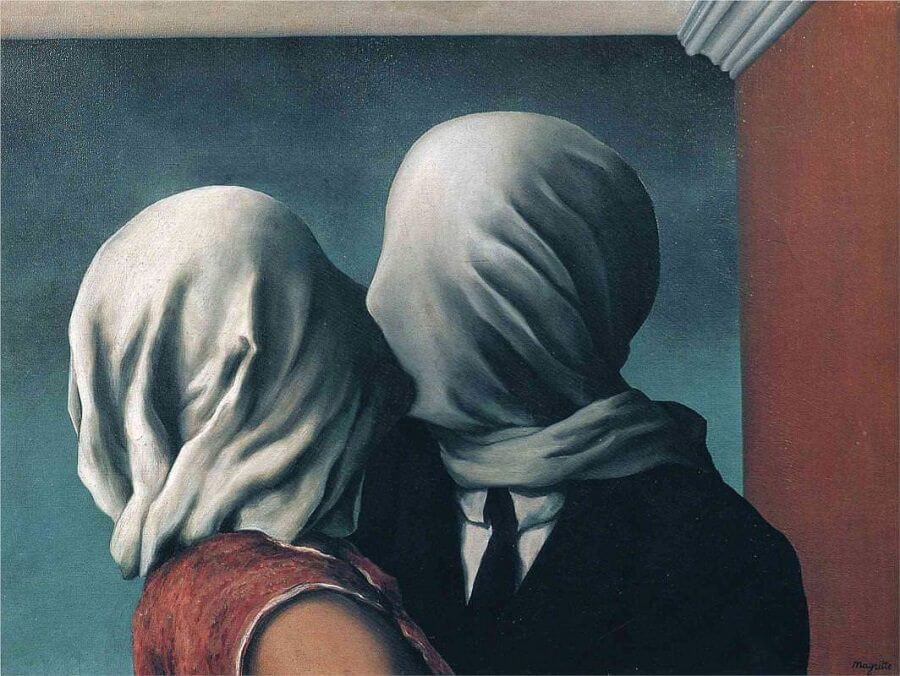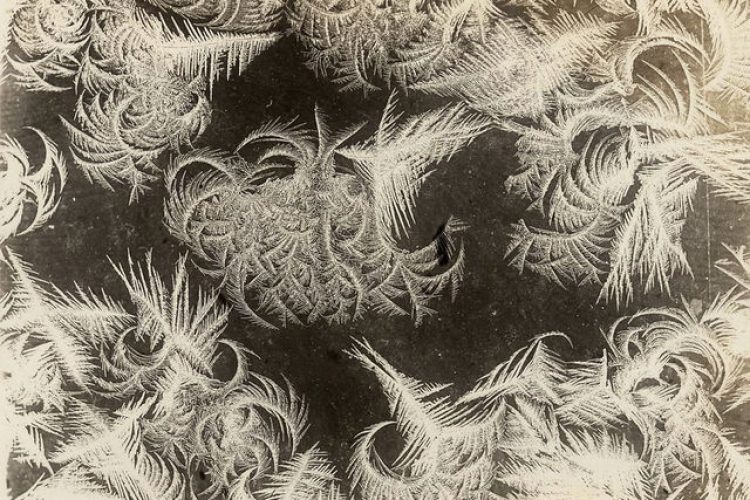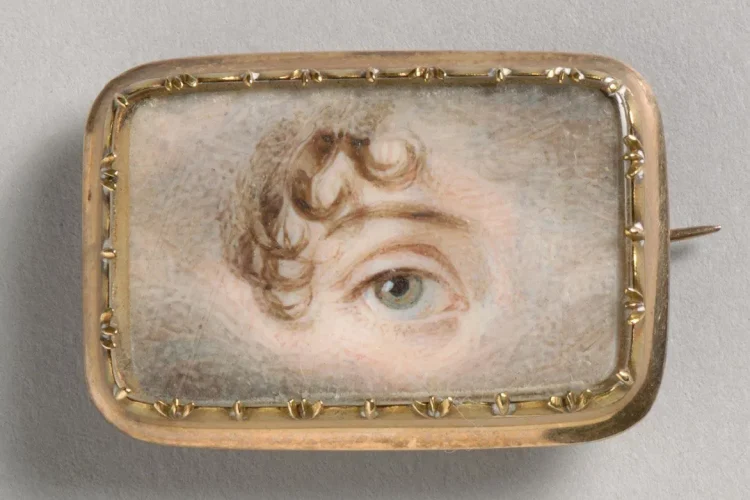T., Montreal, Canada
I feel a deep longing for someone who can only love me physically. It pains me but I can’t let them go. I would rather some of them than none of them at all. Can you help me express this feeling?
T
KA:
Between any two people there are a universe of relationships, ways of responding to each other. It’s why love (or hate) between two people is one of the foundational subjects of literature from the beginning of it. One of the earliest texts we have, the Gilgamesh epic, is an epic of one man’s grief at the loss of his friend. Many have read into the text believing the love between the men to be more than companionable, but erotic.
It’s not important (to me anyhow) to determine for sure whether it was or wasn’t or is or isn’t, but that the relationship between the men speaks to the complicated relationship between any two people. In the later epic, the Iliad, the relationship between two mortal enemies, Hector and Achilles, is similarly fraught. The verb Homer uses to describe the moment Achilles carves off Hector’s armor with his spear is the same verb one uses to describe a person disrobing or undressing.
In other words, emotional and physical responses have always been tangled up. Can a person compartmentalize—i.e. enjoy the physical company of another even while hurting emotionally or love a person emotionally, even romantically, without wanting the physical connection? Perhaps. Literature is full of examples: Djuna in Anaïs Nin’s novel The Four Chambered Heart knows that her relationship with Rango is doomed but she wants to hold onto it for as long as possible. Brett and Jake from Hemingway’s The Sun Also Rises are a great pair of star-crossed lovers with classic bad timing, though Jake’s refusal to fully embrace what Brett offers him may have reflections in Hem’s own vexed relationship to gender and sexuality.
At any rate, I am in love with poems that can inhabit both the carnal and intangible spaces at once rather than wrestle with one or another. Noli me tangere, Christ said to Madgalen (perhaps his lover?) after rising from the tomb, denying the bodily and spiritual connection. I prefer the poem that disarrays this separation.
Sappho’s Gymnasium is a book of fragments, epigrams, lyrics, and musical notations that were written collaboratively by poets and bodyworkers Olga Broumas and T Begley. It exists in several iterations from its initial publication in 1993 to the latest version in 2017. This short lyric dwells in the questions you ask, which have no answer.
In the dizzying changes of syntax and positionality from line to line, and the grammatical inversions and dispensation with normative punctuation, it may imitate the confusion in a lover’s heart. It is also fiercely committed to experiencing the world, rather than turning away from it, or trying to separate feelings into neatly arranged categories.
Sappho’s Gymnasium
Lord let me all I can wild cherry
-Olga Broumas
I’m dazed all my ways of arriving bear tracks
failure of being torn to pieces is me
mumbling anxiety and I love my heart
I do each day lightly suffering desire
for kindness vividly today
idiot red unselfish green blue threadbare of cloud
outside the labyrinth imagining my life






